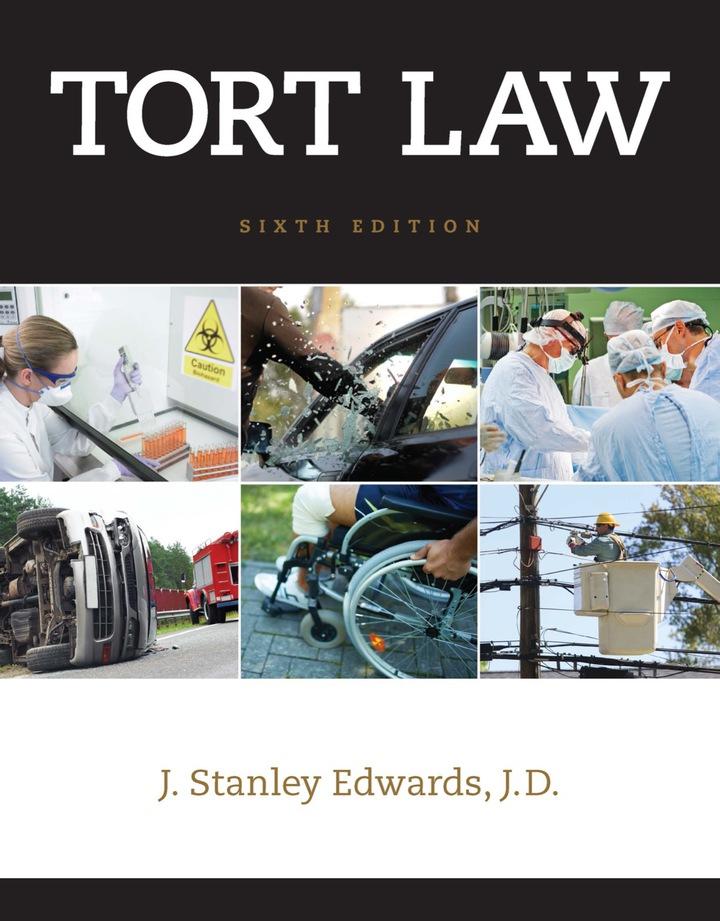In deciding whom to sue, an attorney must assess the assets of each potential defendant. If a
Question:
In deciding whom to sue, an attorney must assess the assets of each potential defendant. If a potential defendant is not insured and has no assets that can be collected if a judgment is won, initiating a lawsuit may be an exercise in futility.
After all, a lawsuit is only as viable as the solvency of the defendant against whom the lawsuit is directed.
Legal assistants are often asked to assist in the process of asset evaluation. Some of the information they can use to assess an individual’s or company’s financial status includes · property records · tax liens · recorded judgments · pending litigation · credit reports (credit reports for individuals can be accessed only for specific purposes)
We will focus on recorded judgments in this exercise. The trial phase of litigation ends when a judgment is entered. In federal court, entry occurs when a judgment is signed by the court and filed in the clerk’s docket (list of cases on the court’s calendar). In state courts, the procedure may vary, but in all courts judgments are ultimately filed. In most instances, the judgment is recorded with the county recorder’s office. This recorded judgment is a public record that can be accessed by anyone willing to take the time to find it and is most often considered as constructive notice to the world of the existence of the judgment. Most states also recognize that a recorded judgment is a lien (a legal claim against real or personal property) on all property owned by the judgment debtor in the county where the judgment is recorded.
Judgments can be found by going to the county recorder’s office, the clerk’s office of the court where the judgment was rendered, or by having a private company find the judgment. Courts maintain a judgment docket (also called an abstract of judgment index), which is prepared by the court clerk or the judge who issued the judgment. The judgment docket indicates · judgment debtor (the party against whom the judgment was entered)
· judgment creditor (the party in whose favor the judgment was entered)
· amount of the judgment · date the judgment was entered · case number (number of the action)
· whether the judgment has been satisfied Using a name provided by your instructor (or the name of someone you know to be a judgment debtor), go to the web page for your local county recorder (which you can find by going to http://www.lexisone.com). If more than one judgment exists, use only one to answer the following questions. (If your county recorder is not online, go to the Maricopa County’s home page at http://www.maricopa.gov and follow the appropriate steps to find judgments for the judgment debtor, Michael P.
Welty.)
1. What is the judgment creditor’s name?
2. What is the amount of the judgment?
3. When was the judgment entered?
4. Has the judgment been satisfied?
5. Describe the process you must follow to bring up a judgment record for this individual.
6. For what time period are these records available online?
7. What is the telephone number and address of your local recorder’s office?
Step by Step Answer:






